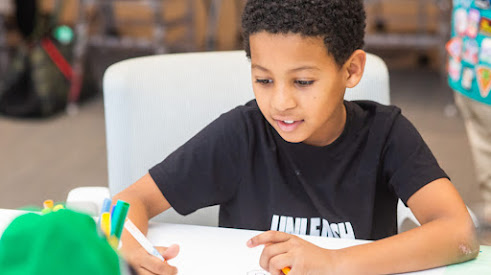Homeschooling is a concept that frequently finds itself shrouded in misconceptions and misinterpretations. These preconceived notions can sometimes lead to confusion or even unfair judgments. In this article, we are on a mission to debunk these myths and clarify what homeschooling is not. By shedding light on these common misconceptions, we aim to provide a more accurate understanding of this unique educational approach.
Homeschooling Is Not Isolation
One of the most prevalent misconceptions about homeschooling is the belief that it isolates children from social interactions. However, the reality is quite the opposite. Homeschoolers have abundant opportunities for socialization. They participate in group activities, become members of homeschool co-ops, and engage in sports, arts, and community events. Homeschooling fosters socialization in diverse and enriching ways.
Homeschooling Is Not Limited to One Teaching Method
Homeschooling is far from a one-size-fits-all approach. It's not confined to rigid schedules, textbooks, or a single teaching method. Instead, homeschooling offers flexibility and customization. Families can choose from a vast spectrum of teaching methods, curricula, and resources to cater to their child's unique learning style and requirements.
Homeschooling Is Not Unregulated
A common misconception is that homeschooling operates in an unregulated environment. In reality, most regions have homeschooling regulations in place to ensure children receive a well-rounded education. Homeschooling families often adhere to a structured curriculum, maintain records of their child's progress, and may be subject to periodic evaluations or assessments, depending on local laws.
Homeschooling Is Not a Quick Fix
Homeschooling should not be misconstrued as a shortcut to education. It demands dedication, time, and effort from both parents and students alike. It's not an escape from academic challenges or a means to bypass rigorous learning. Instead, it represents a commitment to delivering a personalized and comprehensive education.
Homeschooling Is Not About Isolation from Diverse Perspectives
Another misconception is that homeschooling isolates children from diverse perspectives and ideas. In fact, many homeschooling families actively seek out diverse learning experiences. They embark on field trips, encourage critical thinking, and promote exposure to a variety of viewpoints to nurture well-rounded individuals.
Homeschooling Is Not the Same for Every Family
It's essential to understand that every homeschooling family is unique, and their approaches can vary significantly. What works wonderfully for one family may not be suitable for another. Homeschooling is not a rigid structure but rather an adaptable framework that accommodates individual needs, values, and aspirations.
Homeschooling often falls victim to misunderstanding, leading to misconceptions that obscure its true essence. By recognizing what homeschooling is not, we can foster a more accurate and informed perception of this educational approach. Homeschooling offers a flexible, customizable, and socially engaging educational experience that defies common stereotypes. Dispelling these misconceptions enables us to engage in a more open and understanding dialogue about the diverse world of homeschooling.

0 Comment to "Clarifying the Facts: What Homeschooling Is NOT"
Post a Comment